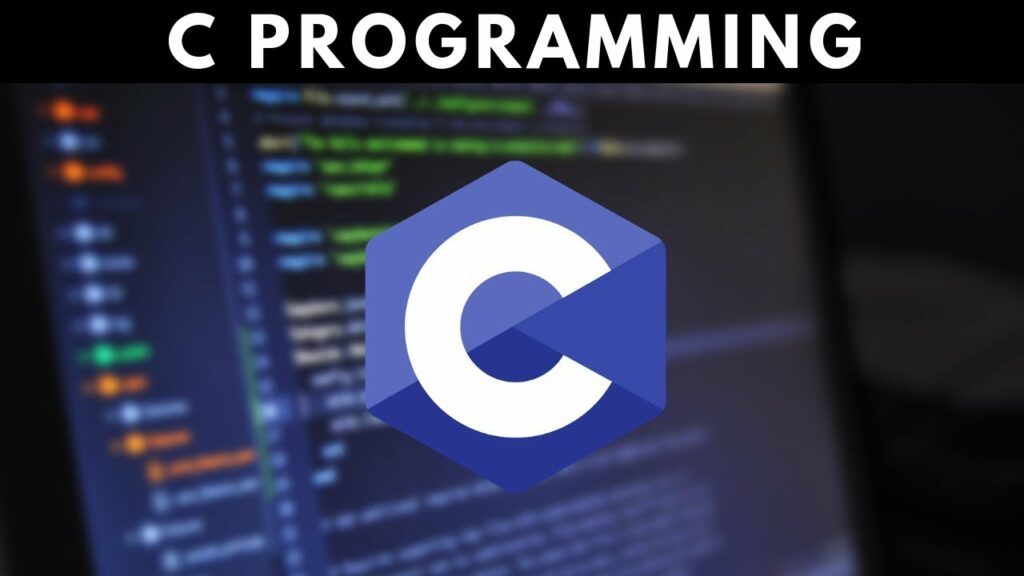
Free eBooks for Beginners
Literals and constants are two important concepts in C programming that every beginner should understand. These terms are related, but they are not exactly the same thing. In this article, we will discuss the differences between literals and constants, and why they are important for C programming.
Literals: A literal is a value that is hard-coded into your program, and it can never change. For example, if you write “5” in your program, this is a literal value of 5. Literals can be used for any data type, including integers, floating-point numbers, characters, and strings.
Constants: A constant is similar to a literal, but with one important difference: a constant can never change its value. In other words, once you set a constant, its value cannot be altered throughout the program. To declare a constant, you use the “const” keyword, followed by the data type and the name of the constant. For example, you might write “const int myConstant = 10;”.
Why are literals and constants important in C programming? There are several reasons:
- Improved code readability: By using literals and constants in your program, you can make your code easier to read and understand. For example, if you have a constant for the value of pi, you can use that constant throughout your program instead of hard-coding the value of pi in multiple places. This makes your code more readable and easier to maintain.
- Improved program reliability: By using constants, you can ensure that the value of a particular variable will never change. This makes your program more reliable and less prone to errors.
- Improved code efficiency: By using literals and constants, you can make your code more efficient. For example, if you have a constant for the maximum number of elements in an array, you can use that constant to declare the size of the array, instead of hard-coding a value that might need to be changed later.
In conclusion, literals and constants are important concepts in C programming that every beginner should understand. By using these techniques, you can make your code more readable, reliable, and efficient, and you’ll be well on your way to becoming a successful C programmer.
C Programming for Beginners – Chapter 08 : Literals and Constants in C
 Loading...
Loading...
Disclaimer: The information and code presented within this recipe/tutorial is only for educational and coaching purposes for beginners and developers. Anyone can practice and apply the recipe/tutorial presented here, but the reader is taking full responsibility for his/her actions. The author (content curator) of this recipe (code / program) has made every effort to ensure the accuracy of the information was correct at time of publication. The author (content curator) does not assume and hereby disclaims any liability to any party for any loss, damage, or disruption caused by errors or omissions, whether such errors or omissions result from accident, negligence, or any other cause. The information presented here could also be found in public knowledge domains.